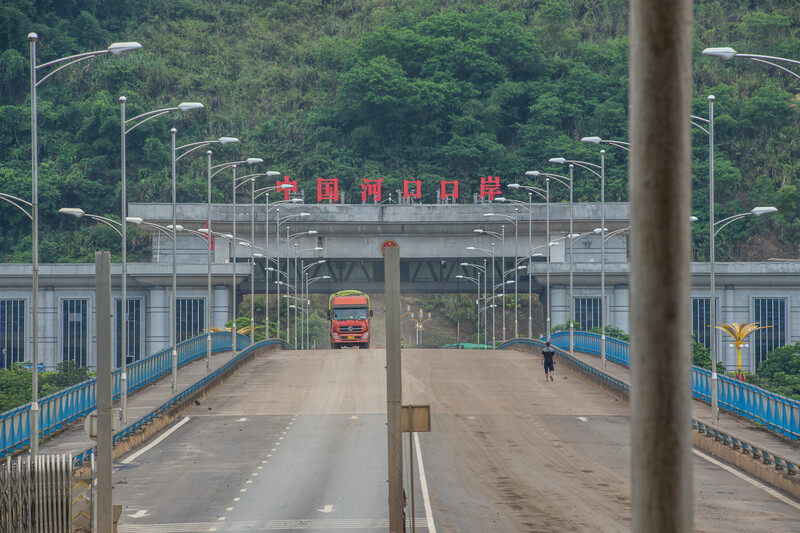ASEAN Federation of Forwarders Associations Emphasizes Intra-bloc Logistics Connectivity
The ASEAN Federation of Forwarders Associations (AFFA) met on 2 December 2023 in Phnom Penh, Cambodia, for their 33rd annual meeting, and discussed facilitation of goods transportation via inter-governmental cooperation in the region.
ASEAN countries have emphasized the development of logistics services, infrastructure, and trade facilitation measures, and promoting intra-bloc connectivity.







